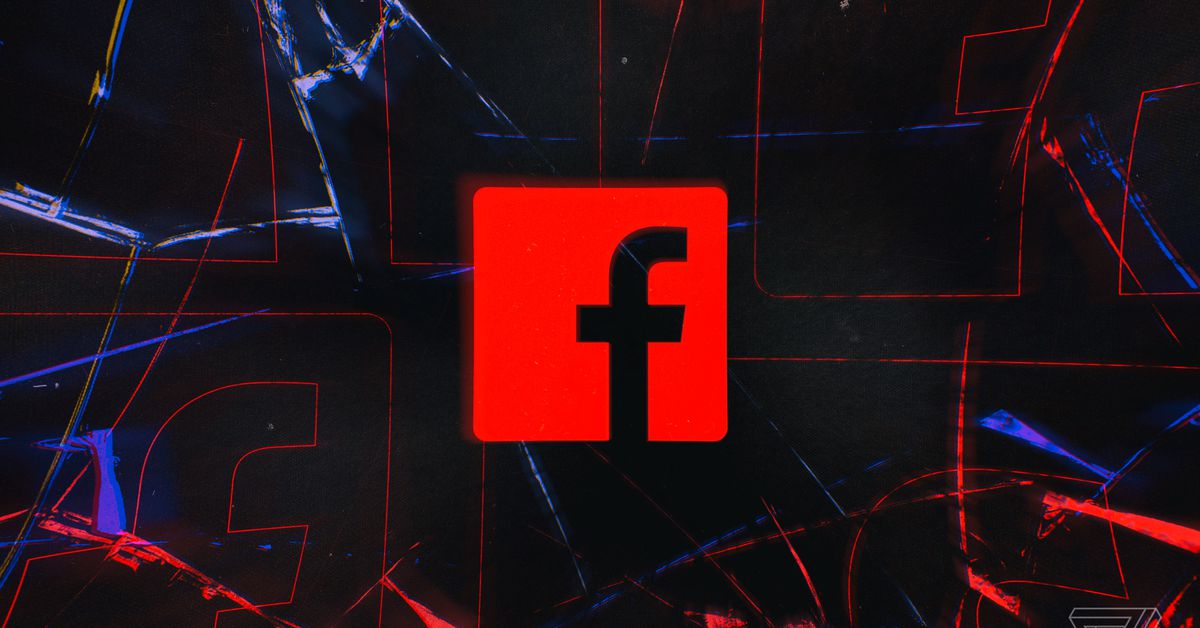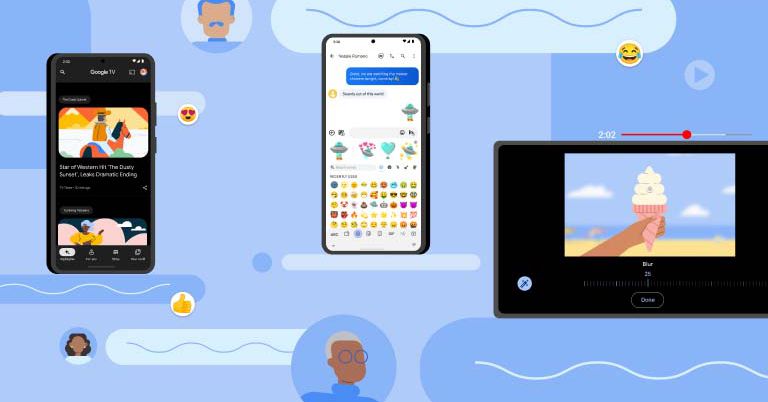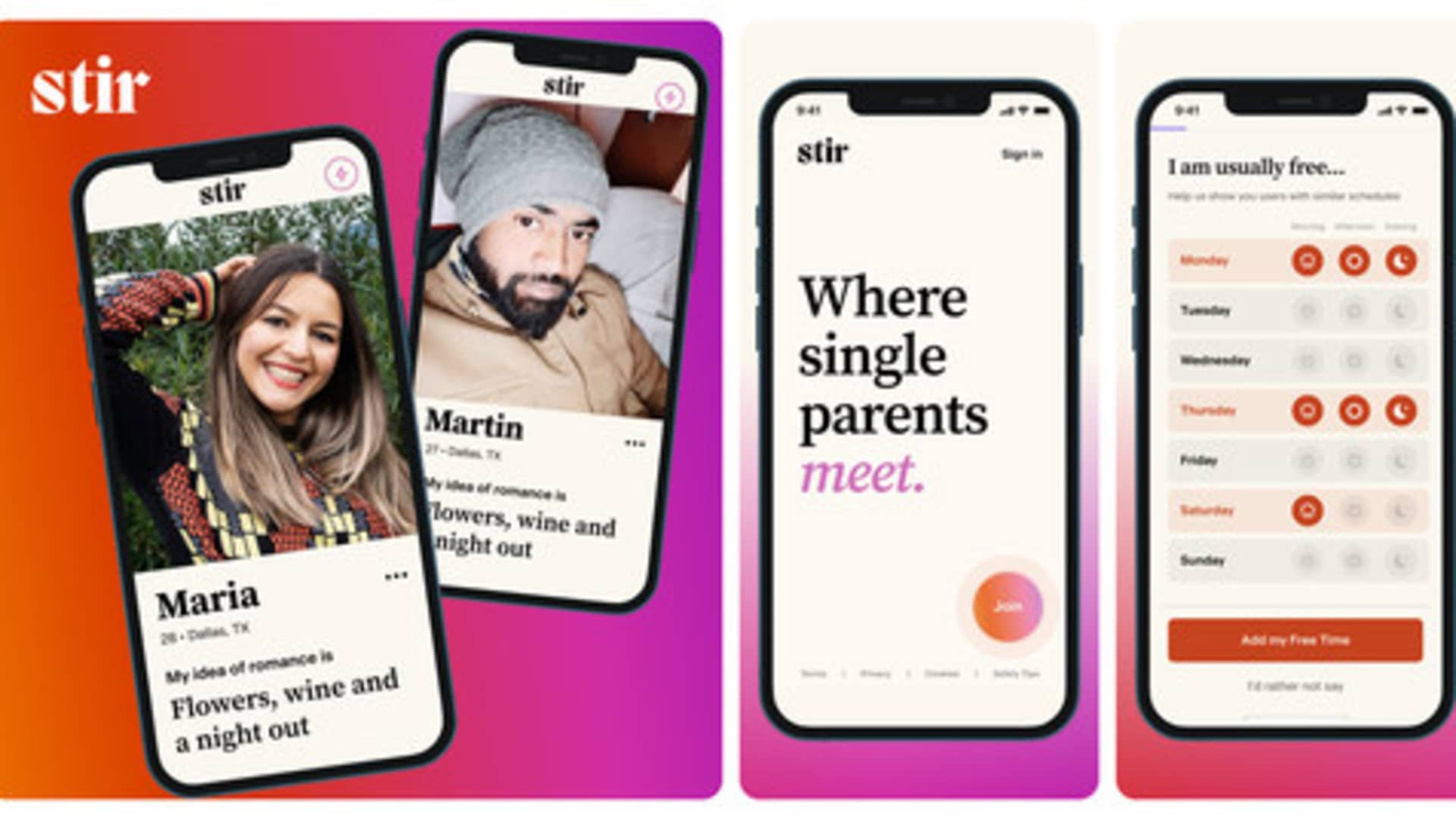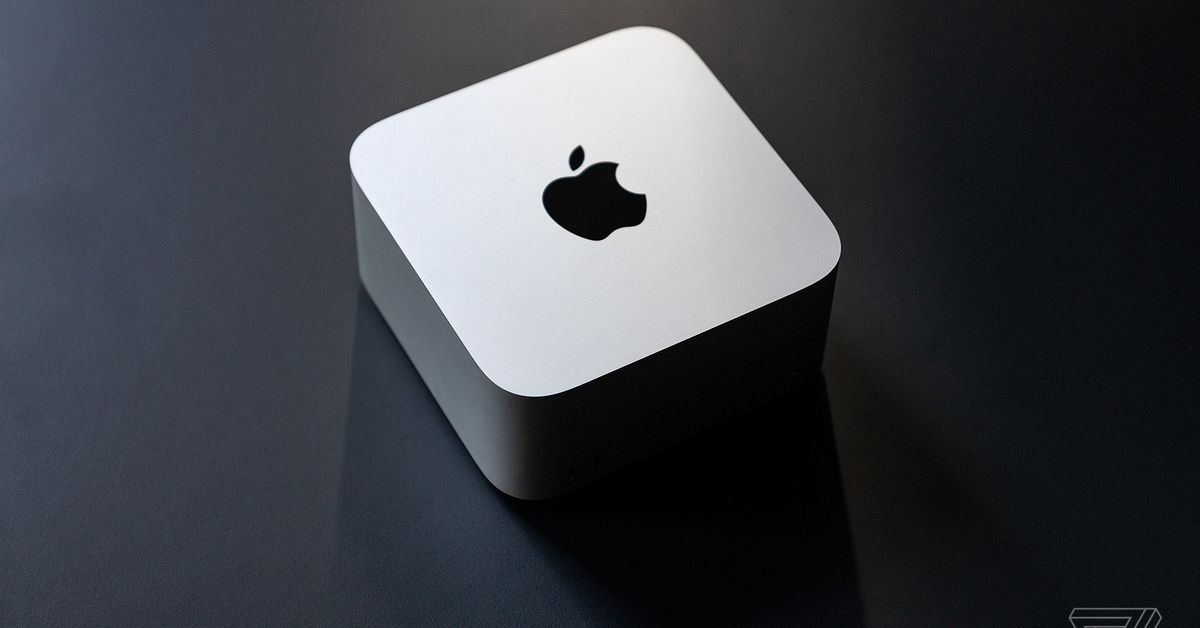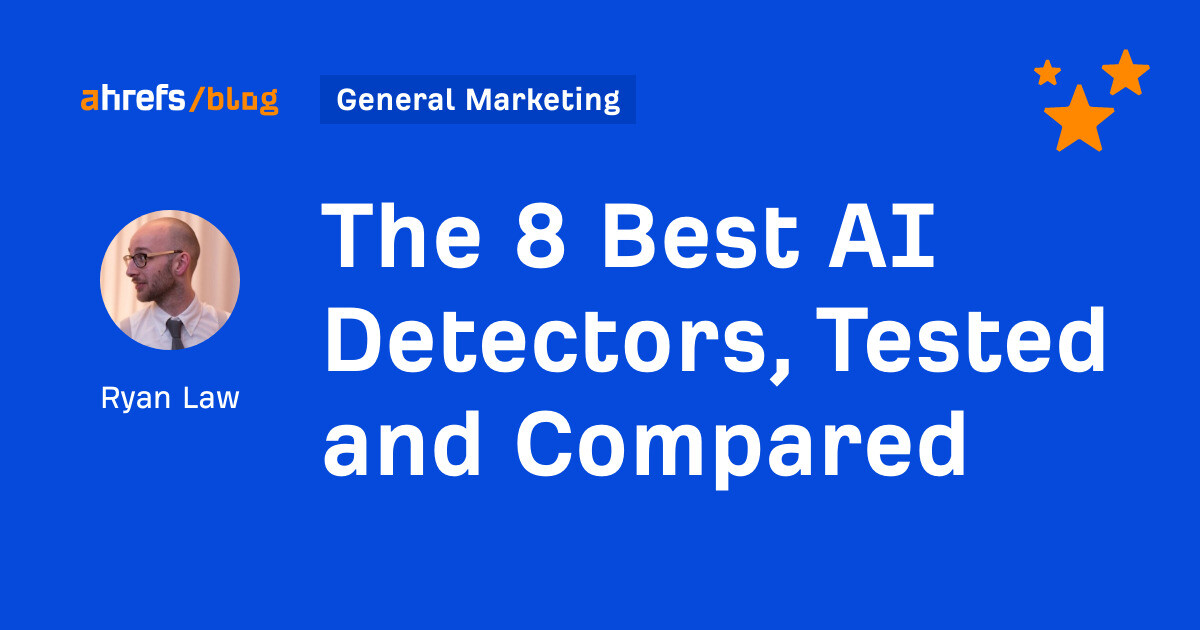ChatGPT tried to pass a college exam and it didn’t go well
ChatGPT can do a lot, but passing a college exam might be a step too far because it lacks the ability to think originally and creatively, research suggests.
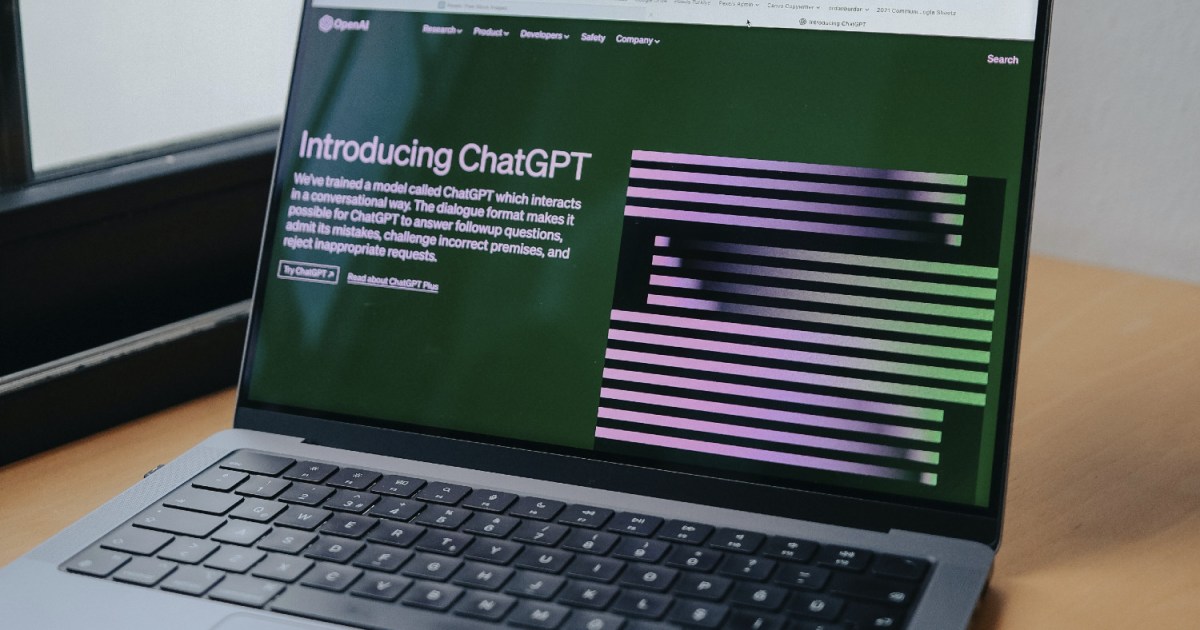
Studying to pass your college exams can be a stressful experience, but what if ChatGPT could just write your papers for you? That’s the question posed by researchers at the U.K.’s University of Bath, and their findings might surprise you.
According to a report from the BBC, artificial intelligence (AI) tools like ChatGPT excel at certain tasks. James Fern, a lecturer at the University of Bath, noted that “Multiple choice questions, for example, [ChatGPT] will handle those very well. We definitely were not expecting it to do as well as it did … it was getting close to 100% correct.”
 Unseen Studio / Unsplash
Unseen Studio / UnsplashYet there were tell-tale signs that the paper it produced was not crafted by a human brain. ChatGPT struggled with more complex questions that required a degree of creativity rather than simply regurgitating facts or picking from multiple options.
When answering a question on why it is important to understand the timing of exercise in relation to nutrition status, for instance, ChatGPT slipped up several times. It repeated parts of the question word for word on two occasions, created vague and unattributed statements, and wrote in oversimplified language without being specific.
The chatbot even invented fake academic papers and then cited them in its answer. While the names of the authors and journals were correct, the cited articles simply did not exist, which would be easy for examiners to spot with just a cursory check.
So, while ChatGPT can produce convincing answers in many different contexts, writing your college thesis for you seems to be a step too far for now.
An uncertain future
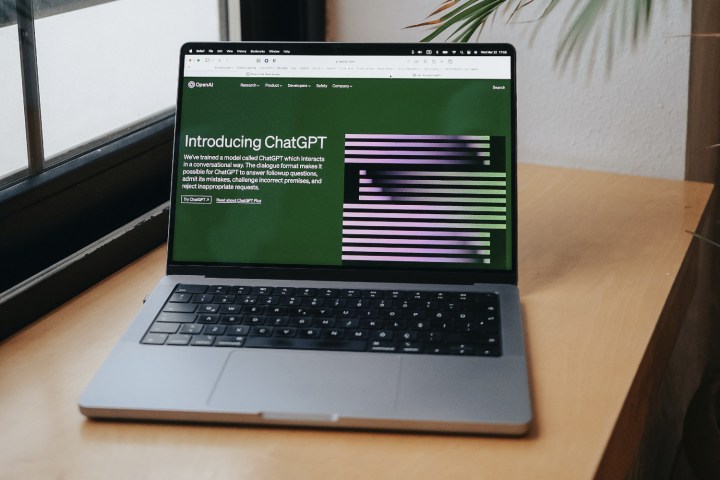 Hatice Baran / Unsplash
Hatice Baran / UnsplashChatGPT’s academic future isn’t entirely in tatters, however. Gillian Keegan, the U.K.’s Education Secretary, believes that it is “making a difference in schools and universities already,” and that it could provide assistance to teachers when it comes to lesson planning and marking.
It can also help students get started on tasks and generate ideas that they can then expand upon. While it might not be able to properly answer exam papers, it can at least provide a starting point for further research.
In any case, ChatGPT isn’t going away, and universities and colleges around the world are going to have to adapt to it. It has a lot of potential to improve productivity in the future, and colleges are already teaching students how to use it to improve their output.
But while ChatGPT is unlikely to be awarded a degree any time soon, its potential for misuse is still very real. Apple founder Steve Wozniak has just warned that chatbots could make scams even more realistic, and he was part of a group of prominent tech leaders who signed an open letter in March calling for a pause on further chatbot development. ChatGPT’s future is very much uncertain, but it is no doubt being studied at colleges and universities up and down the land.
Editors' Recommendations
Steve Wozniak warns AI will make scams even more convincing Protect public from AI risks, White House tells tech giants The updated Bing Chat leapfrogs ChatGPT in 6 important new ways Here are 11 things that ChatGPT will refuse to do OpenAI threatens lawsuit over student GPT-4 project, forgets you can use it for free
In ancient times, people like Alex would have been shunned for their nerdy ways and strange opinions on cheese. Today, he…
Microsoft has a new way to keep ChatGPT ethical, but will it work?
Microsoft caught a lot of flak when it shut down its artificial intelligence (AI) Ethics & Society team in March 2023. It wasn’t a good look given the near-simultaneous scandals engulfing AI, but the company has just laid out how it intends to keep its future efforts responsible and in check going forward.
In a post on Microsoft’s On the Issues blog, Natasha Crampton -- the Redmond firm’s Chief Responsible AI Officer -- explained that the ethics team was disbanded because “A single team or a single discipline tasked with responsible or ethical AI was not going to meet our objectives.”
Stop using generative-AI tools such as ChatGPT, Samsung orders staff
Samsung has told staff to stop using generative AI tools such as ChatGPT and Bard over concerns that they pose a security risk, Bloomberg reported on Monday.
The move follows a string of embarrassing slip-ups last month when Samsung employees reportedly fed sensitive semiconductor-related data into ChatGPT on three occasions.
GPT-4 vs. GPT-3.5: how much difference is there?
Have you heard of GPT-4? It's the latest language model for OpenAI's natural language chatbot, and it's said to be much better than GPT 3.5, which is available on ChatGPT. But how much better is it and what makes it different?
That's what we're here to find out, with a direct head-to-head comparison of these two exciting, but distinctly different language models. Ultimately, we can decide whether it's worth paying the extra for a ChatGPT Plus subscription, or if it's better to just use GPT-4 for free.
What are GPT 3.5 and GPT-4?

 Koichiko
Koichiko 










